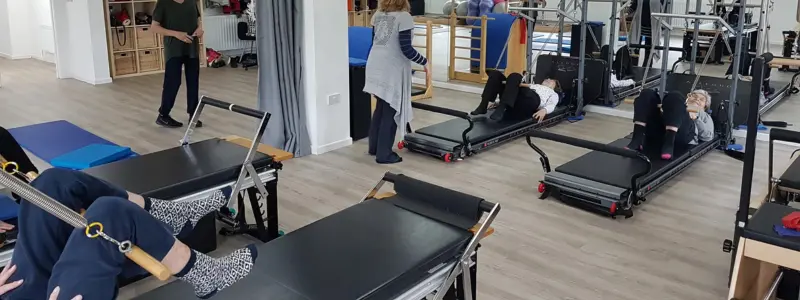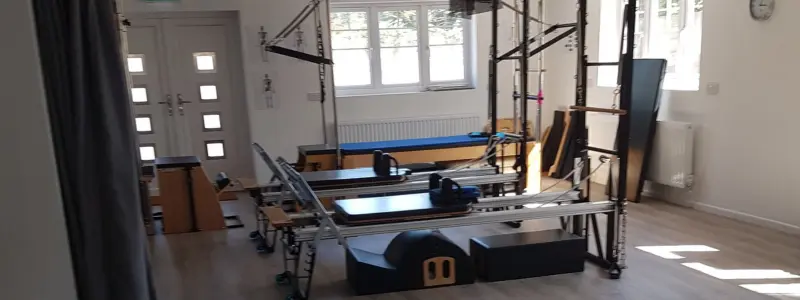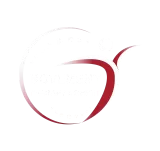
You may have seen the recent article in The Times about the increasing dangers linked with the growing number of Pilates reformer studios. Broken bones, career-threatening injuries, and overly intense classes might make anyone reconsider joining. Sadly, as the popularity of Pilates reformer classes increases, so does the risk of such incidents. In this blog, I will provide useful tips on how to choose the best reformer Pilates classes.
Choose the right class size for a Pilates Reformer classes
Top tip: Choose a class with five or fewer participants.
One key factor is class size. Over the years, larger Pilates classes have led to more risk. From my experience, five is the maximum number of participants to ensure safety and quality. More than this, and it becomes difficult to provide everyone the attention they need, especially with the strong equipment involved. When there are more than five participants, the class quality usually goes down, and the risk of injury goes up.
Why only instructors should handle equipment set up in Pilates Reformer Classes
Top tip: Ensure the Pilates instructor always sets up the equipment.
During my training to become a qualified Pilates instructor, it was clear that only the instructor should set up and adjust the equipment. Participants should never have to set up their own equipment. The article mentioned earlier points out that incorrect equipment setup—whether by participants or, more worryingly, by instructors—is a big cause of injuries. If participants are setting up their own equipment, this should be a major red flag.
Why instructor qualifications matter in Pilates Reformer Classes
Top Tip: Verify that the instructor’s qualifications match your specific needs.
When Matwork Pilates became popular, many health clubs and training schools started offering Pilates courses. Qualifications were shortened from two-year courses to weekend workshops. We now see a similar trend in reformer Pilates classes. Shorter, less thorough qualifications are becoming more common. While there are qualified instructors with shorter training, it’s crucial to choose a class that fits your needs. For example, if you want relief from back pain, avoid a general reformer Pilates class. Instead, look for a class led by an instructor with clinical qualifications.
Pilates Reformer only? Why it’s important to have more than just reformers
Top tip: Choose a studio that offers a range of Pilates equipment, not just reformer classes.
While this should not be your only criterion, opting for a studio that offers more than just reformer Pilates can be beneficial. Some studios might only have reformer equipment and lack a full Pilates experience. A studio with a full range of Pilates equipment (like a chair, Cadillac, and ladder barrel) is likely run by someone with more extensive training and experience in Pilates.
These four tips are a great starting point for finding the right reformer Pilates classes in Dorset.
Feel free to check out our fully equipped Pilates studio in Broadstone, Dorset. Click here to learn more.
If you need further assistance, please get in touch.

